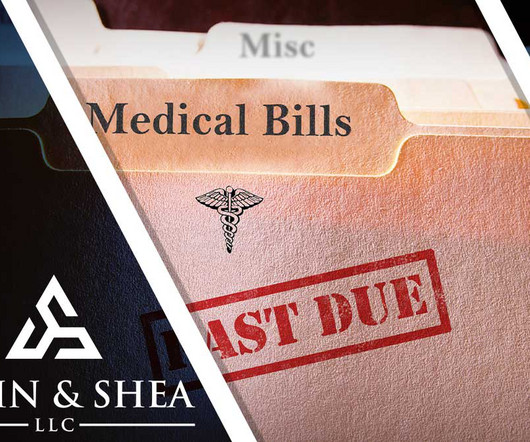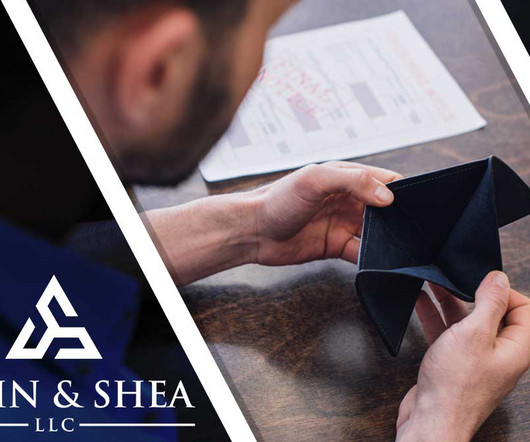Will Bankruptcy Erase ALL of My Debt?
Sawin & Shea
JANUARY 12, 2022
That money will go to your Chapter 13 trustee, who will then distribute it amongst your creditors. A Chapter 13 Plan can help get you back on track with secured debts that you are behind on, like house or car payments. After the repayment period, any remaining debt will likely get discharged. Student Loans.













Let's personalize your content